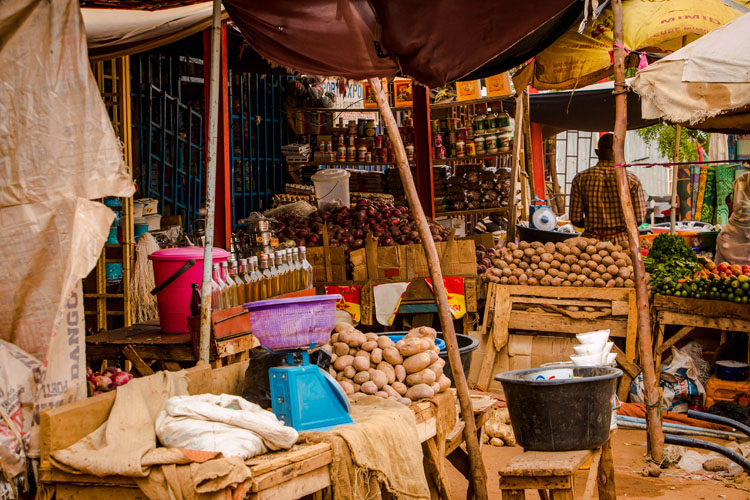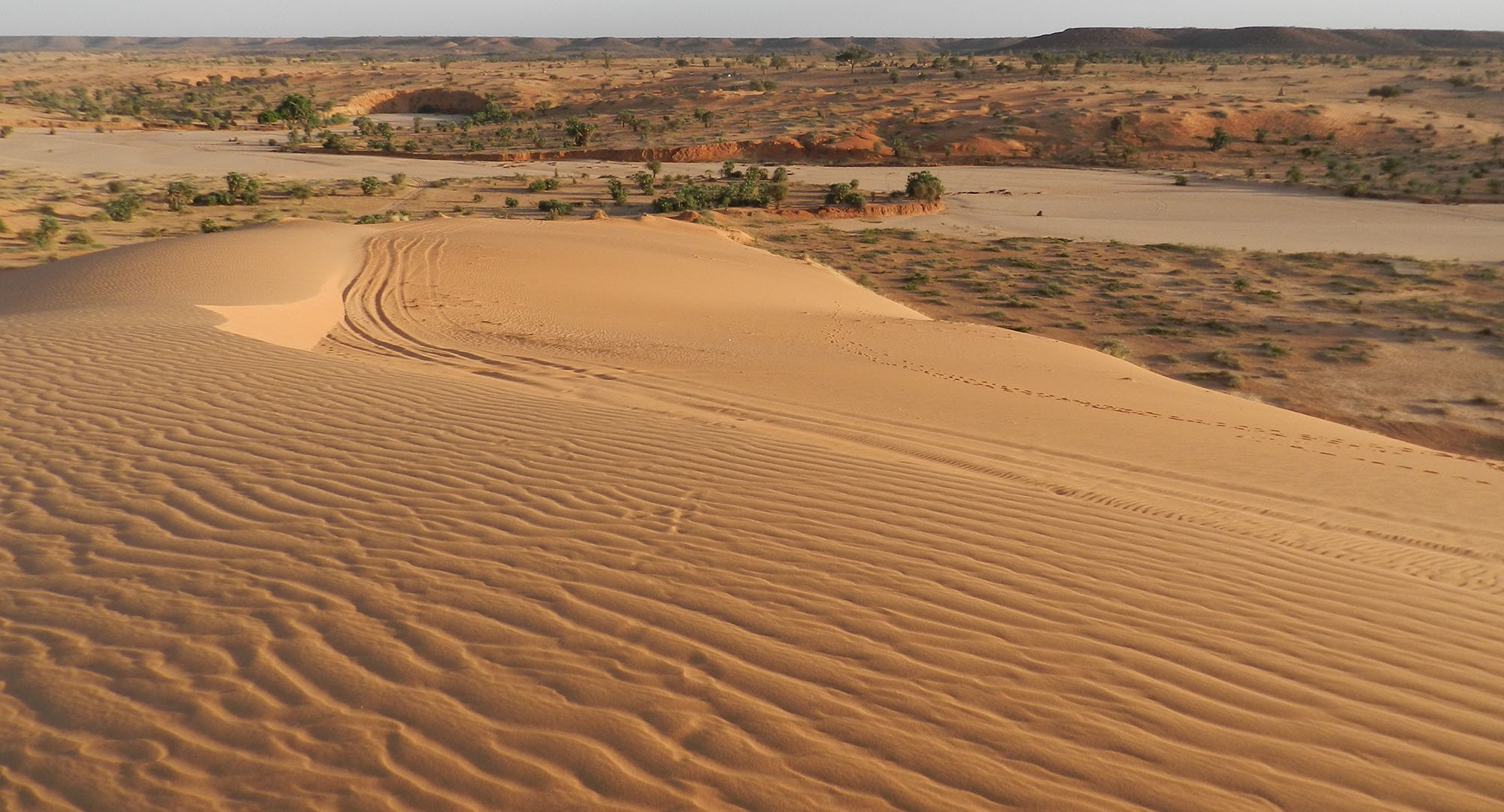
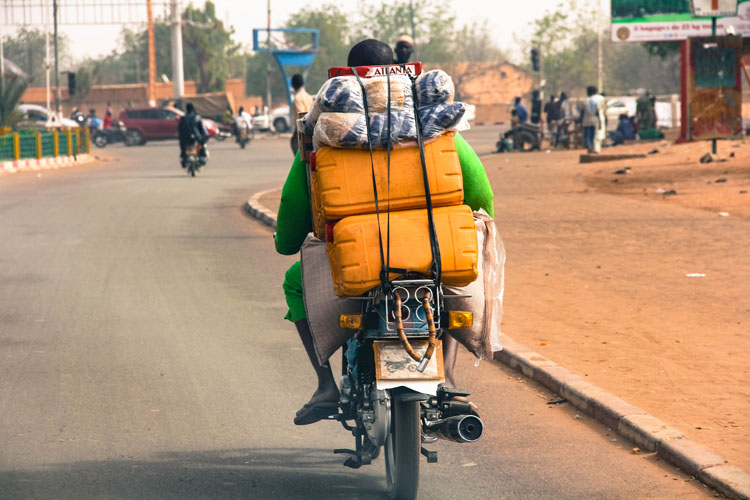
An Extraordinary Movement of Prayer has always been the foundation in every Disciple Making Movement in History.
Pray for Niger is an initiative to help Mobilize thousands around the world to pray for a Nigerien Disciple Making Movement. We believe that without the foundation of Extraordinary Prayer it will be extremely difficult to realize our dreams of Nigeriens making disciples of other Nigeriens and extremely difficult for Nigerien Churches to be planting other Nigerien Churches.
We know that God’s desire is that none should perish and that His gospel will be proclaimed throughout the whole world as a testimony to all nations and we eagerly anticipate worshipping around the throne with a great multitude from every nation, tribe, people, and language (2 Peter 3:9, Matthew 24:14, Revelation 7:9-10).
PRAY FOR NIGER
- Knows that every church multiplication movement in history has had Extraordinary Prayer.
- Loves God, Niger, and helping Christians fulfill the Great Commission.
- Promotes strategic prayer (based upon research of past church multiplication movements).
- Is brief, usually 1-to-3 lines long.
- Provides different avenues such as Facebook and Twitter for receiving prayer prompts as well as for mobilizing others to pray.
- Asks everyone to not only pray but also mobilize prayer through relationships and opportunities God provides.
- Strives to make it easier to mobilize more prayer by making it easy for people to sign up for email, Twitter, and/or Facebook.
- Strives to neither under nor over-estimate man’s role in Disciple Making Movements.
- Welcomes collaboration of all Christians.
- Is not a political agenda, rather an effort for sinners who have found forgiveness in Christ to share this Good News with others.
- Understands there are security concerns when ministering to Muslims, so it never uses names or details that will endanger people or projects.
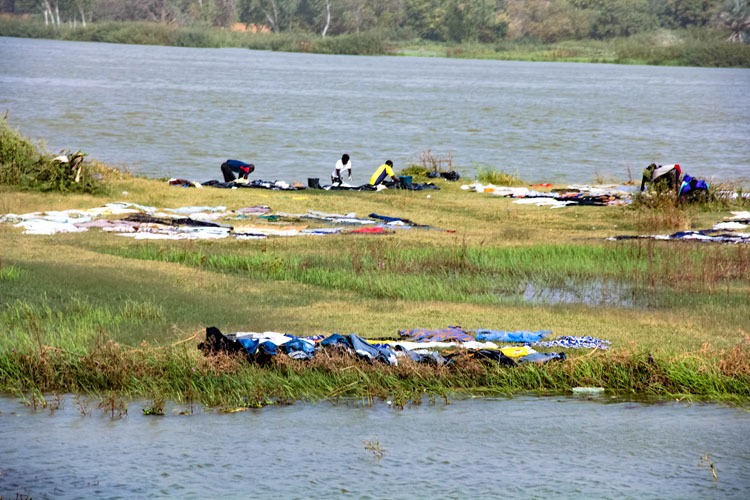
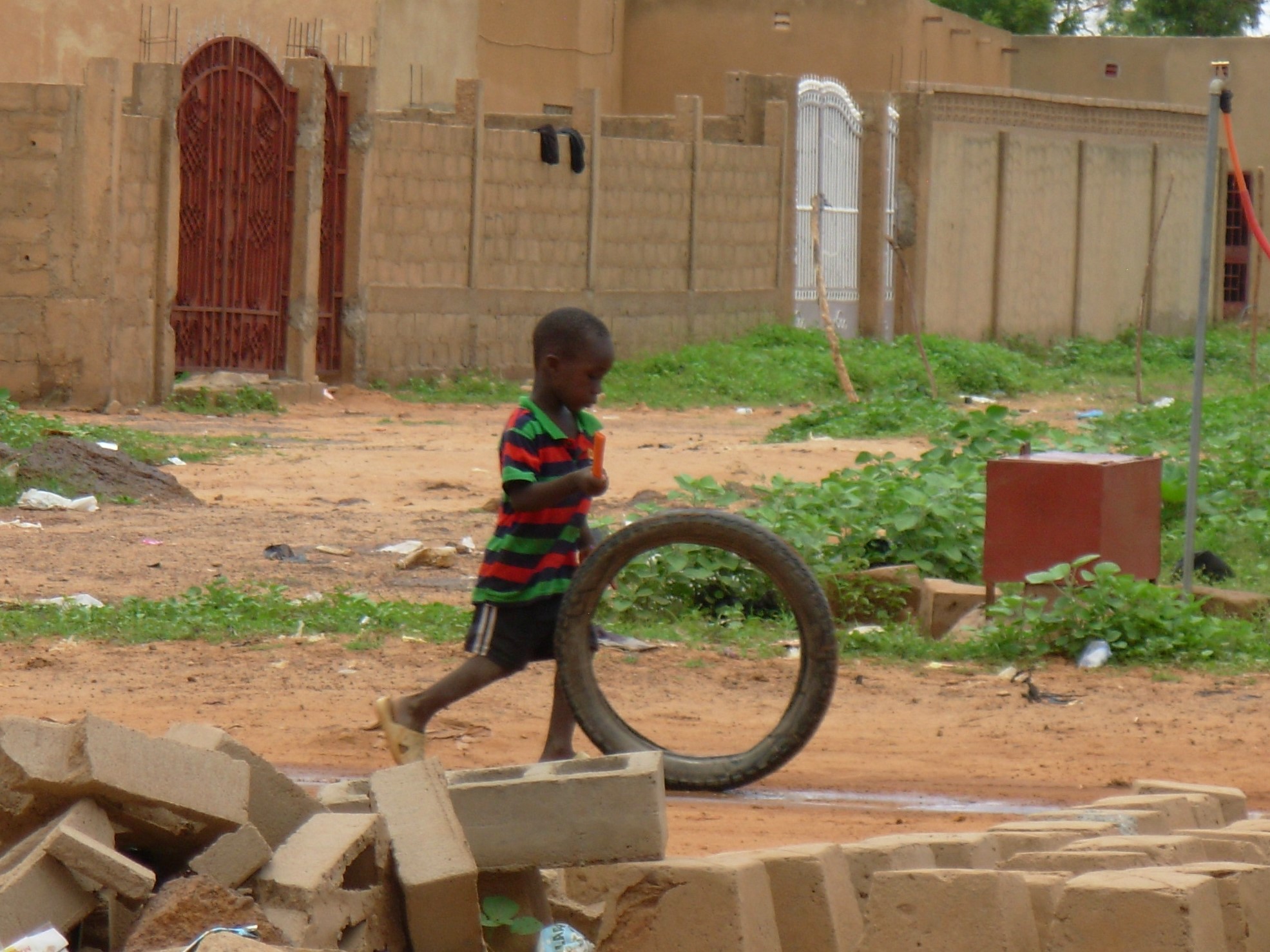
What is a CPM or DMM?
CPM stands for Church Planting Movement and DMM stands for Disciple Making Movement.
“A Church Planting Movement is a rapid multiplication of indigenous churches planting churches within a given people group or population segment.” The same could be said for a DMM. “A Disciple Making Movement is a rapid Multiplication of Indigenous Disciples making other disciples within a given people group or population segment.
What is a UPG?
In Christianity, an unreached people group refers to an ethnic group without an indigenous, self-propagating Christian church movement. Any ethnic or ethno linguistic nation without enough Christians to evangelize the rest of the nation is an “unreached people group”. (Wikipedia)
A people group is unreached when the number of Evangelical Christians is less than 2% of its population. It is further called unengaged when there is no church planting strategy consistent with Evangelical faith and practice under way. (IMB Global Research)
People Group – A “people group” is an ethno linguistic group with a common self-identity that is shared by the various members. There are two parts to that word: ethno, and linguistic. Language is a primary and dominant identifying factor of a people group. But there are other factors that determine or are associated with ethnicity. (IMB Global Research)
There are over 6700 unreached people groups in the world and they make up nearly 2 billion people. (Joshuaproject.net)
